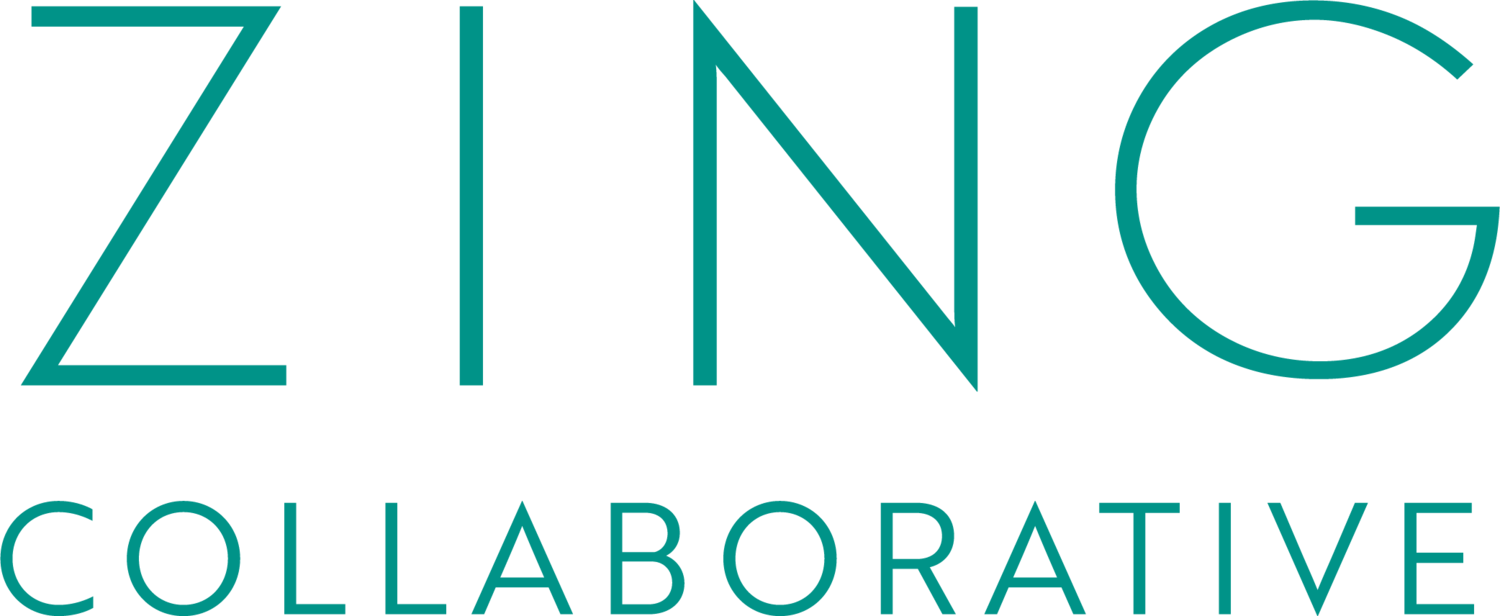BUILDING A PERSONAL BOARD OF DIRECTORS
Do you have a personal board of directors?
Just like a company often turns to a board for input on strategy, key priorities, and big decisions, we have an opportunity to create a board of directors in our own lives. This is a small, highly curated group of people who can provide us with expertise, input, advice, deep listening, support, guidance, and outside perspective.
Here is a list of people you might consider for your board.
A FINANCIAL ADVISER
I started working with a financial advisor in 2008. My only regret is that I didn’t start working with her several years earlier, when I first started working in the corporate world. I have met with her regularly since 2008, and she has helped me not only make smart decisions with my money, but also hold the vision for the life I most want to create.
When I put in my notice at my job, she was the second phone call I made, after calling my family.
A good financial adviser will help you to uncover your priorities and make smart financial decisions accordingly.
I hear many people complain about the fees that financial advisors charge. My perspective is that I pay professionals for most important things in my life; I pay a dentist to clean my teeth, I pay technicians to service my car; I pay lawyers for their legal expertise, and I pay my financial adviser for her expertise and guidance. That said, for those who are uncomfortable with the traditional financial advising payment structure, there are also fee-only advisors who are paid only for their advice and do not earn commissions.
I also hear people say that they need to first prepare on their own or have more savings to be ready to talk to a financial advisor. I lovingly disagree. A good financial advisor can help with this preparation by recommending small, tangible actions to take now, in service of where you want to be in the future.
Not quite ready to talk to a financial advisor, but want to take a baby step? The So Money podcast is a great place to start.
A COACH AND/OR THERAPIST
Do you have someone in your life who is helping you work through the most important challenges, opportunities, and decisions before you? Someone who listens attentively, provides a neutral third party perspective, and who lovingly pushes you in toward your highest purpose in the world?
I believe that almost anyone can benefit greatly from working with a coach and/or therapist. One of my earliest coaches once said to me, “you can do things alone - but it will be much harder and take way longer.” I very much agree with this sentiment.
While there are some similarities and also a number of differences between coaching and therapy, here are a few:
What’s Similar:
Both a good coach and a good therapist will listen deeply and will be able to hear not only what you say - but also what you don’t say.
A good coach and a good therapist will ask you powerful questions that will lead to greater awareness, insight, and often personal transformation.
A good coach and a good therapist will hold you, the client, at the center of the process and will honor your goals throughout.
Many coaches and therapists have specializations - for example, types of people they specialize in working with, or topics of deep expertise. If either a potential coach or a potential therapist says they work with everyone/anyone, I would personally consider this to be a red flag.
What’s Different:
Generally speaking, coaching is more forward-focused (where do you want to go, and how can we work together to get there?) while therapy is oftentimes more past-focused (looking at patterns that have developed over time, family of origin, and events in our past).
Therapy may involve a diagnosis or referral from a medical provider. Coaching does not involve any sort of diagnosis or medical treatment plan.
Coaching is often a bit more active - with homework, reflection exercises, and/or concrete take-aways and things to try or implement between sessions.
Many coaches I know (I’m in this category as well) offer to share their notes with clients after sessions; this is not a practice I’ve seen in the world of therapy.
Many companies will cover coaching as part of professional development. Several of my clients use their professional development funds to cover all or part of their 1:1 coaching investment.
Some therapy is covered by some insurance providers. Coaching is not.
Of course, these are generalizations, and the specifics will depend on the individual coach or the individual therapist. The important thing is to do your research and find someone you connect with, that you respect, and that feels like a good fit. Referrals from trusted friends or colleagues can be incredibly helpful, because there are lots of coaches and lots of therapists out there - and not all of them are good.
A MASTERMIND-TYPE GROUP
This might be an official mastermind, or it might look like a group of colleagues getting together regularly for a cup of coffee or to discuss a book. The difference between a mastermind-type group and simply meeting up for coffee is that there’s often a specific goal, intention, or topic for the meeting beyond just “getting together” or “catching up.”
I’ve found that some of my favorite mastermind-type groups have a shared purpose and intention, but have some diversity in the backgrounds and perspectives of the members (versus masterminds that, for example, are made up of all people from within my own industry).
FRIENDS AND FAMILY
Of course, these people get to play a role on our personal board of directors if we want them to! Our friends and family can provide support, encouragement, and input. While our friends and family members often play an incredibly important role in our board of directors, it can be helpful to remember that their perspective is often not necessarily neutral, since we know each other well!
This is why, in addition to these dear ones in our lives, it can be helpful to round out our board with some of the above individuals.
QUESTIONS TO ASK
As you consider who to include on your board, you might ask yourself the following questions.
who are the people who inspire me?
who are the people who help me be my best self?
who are the people who help me to feel big and expansive?
who are the best listeners I know?
who are my role models?
who are people I'd like to see more of in my life?
who are the people who help me think bigger/see what's possible?
who are the people who have my back?
You want people on your board who help you to be your best. This doesn’t meant that they can’t push you or challenge you - but this criticism and pushing needs to be rooted in a place of having your best interest in mind.
IN CONCLUSION
A personal board of directors can be a powerful source of support, advice, encouragement, and expertise and can help us move toward our most important goals.
Do you have a personal board of directors in your life? If not, what’s one small step step you could take to begin to create one?

